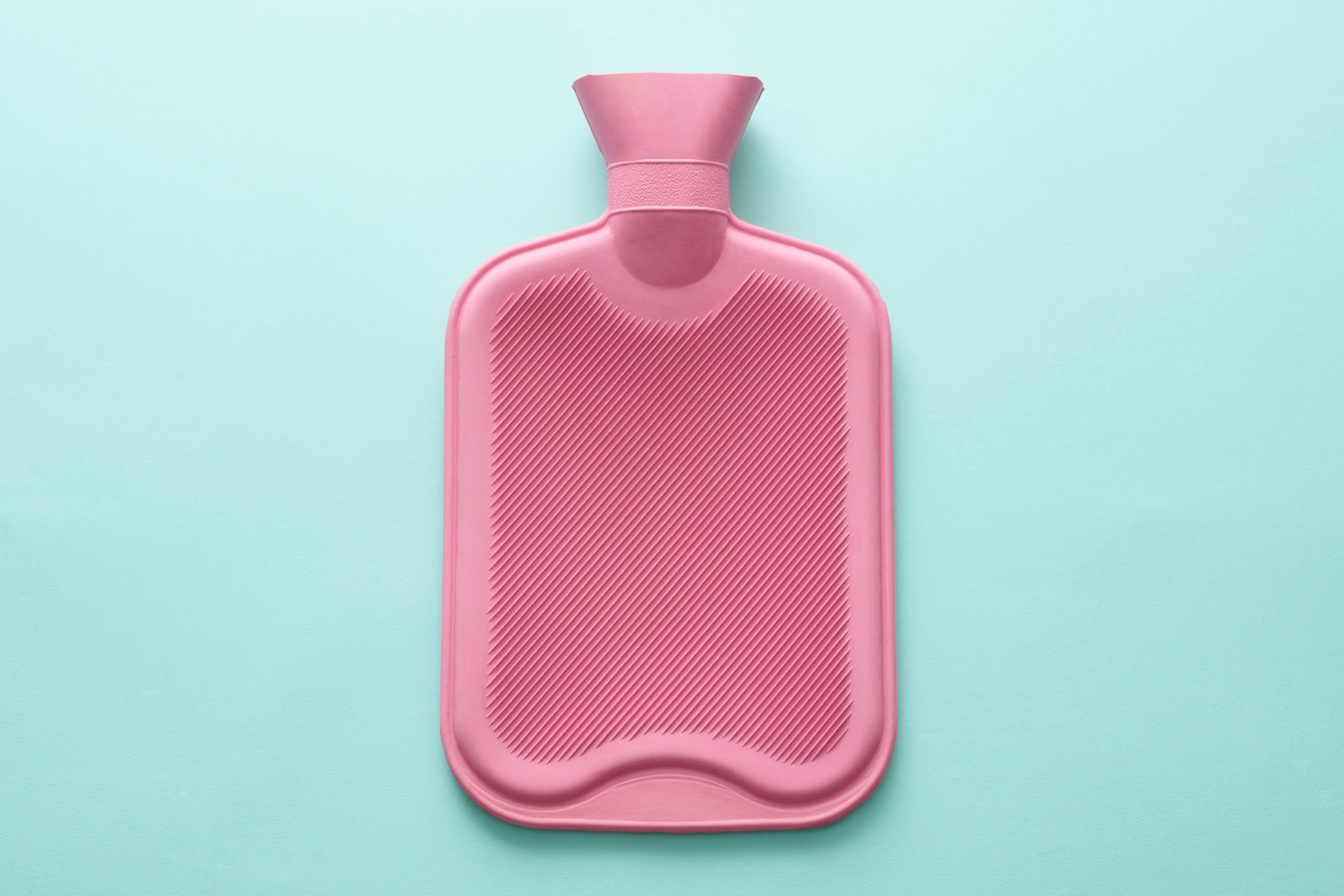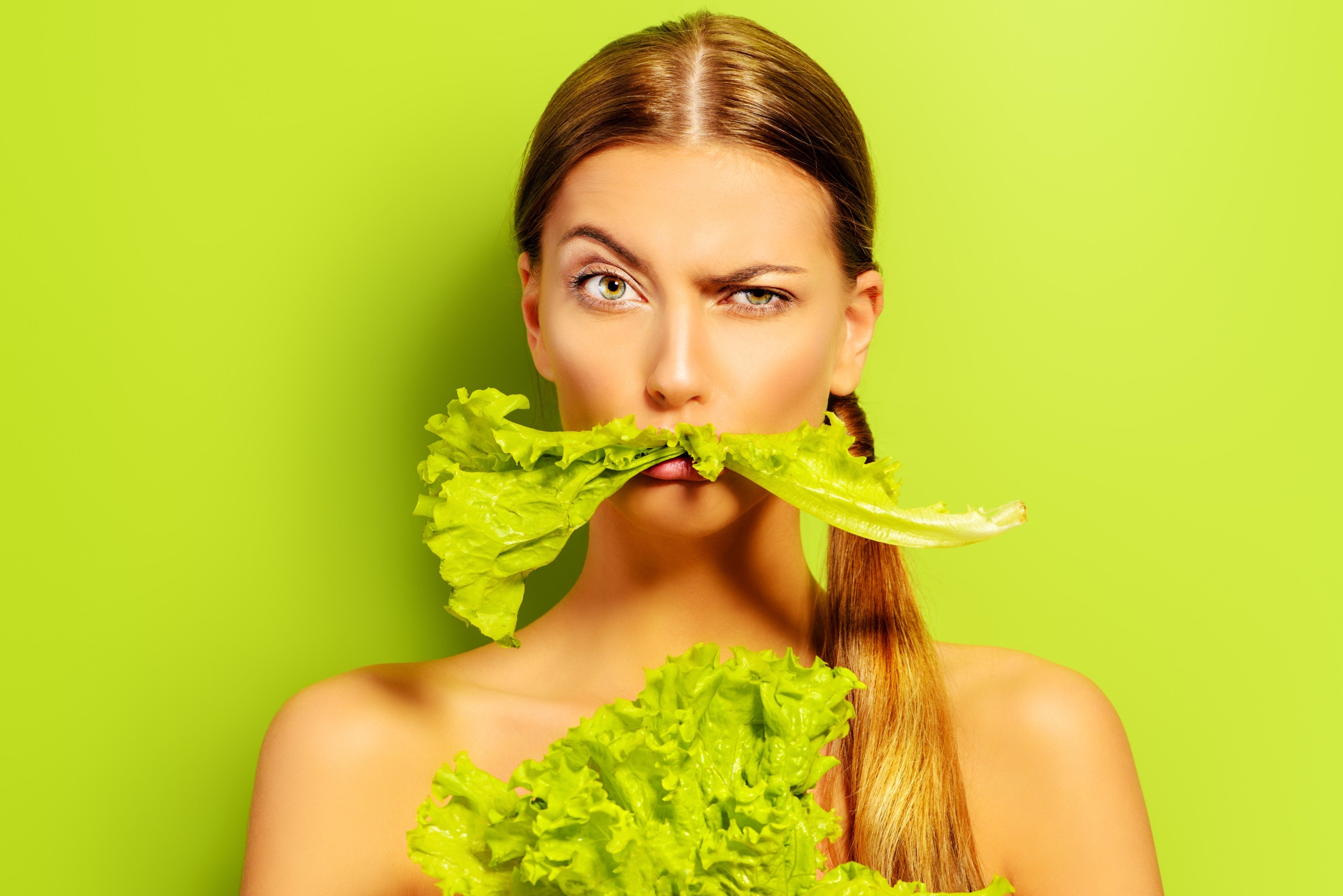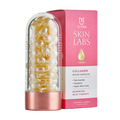What is the relationship between Endometriosis and Irritable Bowel Syndrome (IBS)?
Jan. 27, 2022 By BeYou
1.5 million people in the UK have endometriosis. As if this chronic illness wasn’t bad enough on its own, did you know that endo sufferers are 2.5 times more likely to suffer from Irritable Bowel Syndrome (IBS) too?
Endometriosis is often misdiagnosed as IBS, and we want to know why.
What is Endometriosis and Irritable Bowel Syndrome (IBS)?
Endometriosis is estimated to affect approximately 7–10% of women, particularly of the reproductive age. It is a growth of endometrial-like cells outside of the uterus that can be affected by hormonal changes during the menstrual cycle. Hormonal fluctuations can cause the misplaced endometrial tissue to grow, break down, and thicken causing pain and inflammation to the area. Common symptoms of endometriosis include pelvic pain, irregular heavy bleeding, painful sex, chronic menstrual cramps, painful bowel movements/urination, fatigue and, unfortunately, the list goes on and on. If you suffer with endometriosis then you’ll know that this isn’t just a physical disease; it has an enormous impact on your mental and social wellbeing too.
So now you’re probably wondering how endometriosis has any link to irritable bowel syndrome, right? But there are actually many symptoms that cross over, suggesting there certainly is a relationship between the two.
Irritable Bowel Syndrome is a very common digestive condition, affecting 1 in every 10 people in the UK. Stomach pain and cramping, bloating, diarrhoea, constipation and nausea are all common symptoms. These symptoms usually occur after eating, and during what is frequently known as a 'flare up’. Because there is no simple test for IBS, doctors tend to focus on ruling out other possible medical conditions to make a firm diagnosis. Inflammatory bowel diseases, such as Chron's disease, as well as gluten and lactose intolerances, are among the conditions to rule out.
These illnesses are usually detectable through blood or stool tests that look for inflammatory compounds. If this does not help, you may be referred for an upper endoscopy or colonoscopy which allows a doctor to examine the lining of the stomach, colon, and oesophagus to detect any further issues.
IBS and FODMAP
Alternatively, many dieticians recommend a low FODMAP diet when looking for a diagnosis of bowel problems, pain, and potential IBS. But what exactly is a FODMAP?
FODMAPS are non-digestible short-chain carbohydrates that are osmotically active, causing water to enter the digestive tract. They are found in a wide range of foods so the diet can often be difficult to get used to at first – but with guidance, you’ll get there. Since they are indigestible, your gut bacteria ferment them which increases the gas and short-chain fatty acid production, often aggravating the gut. This then causes symptoms like bloating, gas, stomach cramps and diarrhoea/constipation. Not only have studies shown that experimenting with a low FODMAP diet can reduce IBS symptoms, but it also allows you to discover which foods trigger your IBS by reintroducing them after a period of low FODMAP dieting. You can also try cutting out gluten or dairy to see if this helps your symptoms.
Gluten grains such as wheat, barley, and rye all contain a type of FODMAP that can cause symptoms in people who have an intolerance or sensitive stomach. All of this can be explained in more detail by your doctor or a dietician who can guide you through this journey.
So, what is the relationship between Endometriosis and Irritable Bowel Syndrome (IBS)?
While endometriosis is the growth of tissue outside of the uterus, it can also grow on the bowel, which can cause inflammation and irritable bowel syndrome symptoms. Research estimates that women with endometriosis are 2.5 times more likely to have IBS – suggesting that the symptoms are very common!
Symptoms shared by both diseases include abdominal cramping, diarrhoea, nausea, bloating, and pain with bowel movements. These symptoms are usually determined by the location of the lesion, its size, and how deep it is in your bowel wall.
One thing that both endometriosis and IBS sufferers certainly have in common is a lengthy diagnostic process – it's not an easy test, as demonstrated above. People may have to wait years for an answer to their pain because there is no straightforward way to test for either disease. This is shown by a study suggesting that an endometriosis diagnosis can take an average of 7.5 years!
However, there are some key differences between IBS and endometriosis. IBS primarily affects the large intestine, causing bloating, cramping, and bowel problems after eating. On the other hand, endometriosis affects your uterus causing symptoms such as pelvic pain, infertility, and heavy periods. This means that while these diseases can have an impact on one another, they are not the same.
Nonetheless, it is clear that these symptoms can often overlap, resulting in what is commonly known as "endo belly."
Treating Endo-Belly…
So, if you're now slowly connecting the dots between IBS and endometriosis and feel like you may have found an answer to why you could be suffering from unknown bowel pain during your heavy period – let's look into some treatments for the nightmare symptoms.
While we don’t know why endometriosis actually occurs, we do know that it is linked to ovulation. This means that contraception is commonly used to treat it, by trying to stop the monthly bleed. But not only does this often have little impact on sufferers’ menstrual symptoms, it doesn’t even touch the irritable bowel problems!
5 quick tips to try and ease Endometriosis and IBS related symptoms:
1) Have a warm bath – studies show that optimal heat therapy results require full-body heat immersion for a maximum of 30 minutes. That's the perfect time for a relaxing bath to relieve sore abdominal muscles and any stress on your gastrointestinal tract.
2) Try using an ice pack on the bloated area – heat doesn’t work for everyone, so sometimes a cool ice pack on the bloated, sore region can help ease any tight, cramping pains. The ice constricts blood vessels, reducing the area’s circulation (and inflammation).
3) Try to eat more anti-inflammatory foods daily including strawberries, cherries, almonds, walnuts, green leafy vegetables and blueberries etc. This will support your stomach by not causing it any additional inflammation or bowel triggers. You could also try our Bloatex Vitamins which relieve digestive discomfort, maintain mental wellbeing and support your immune system at the same time!
4) Add cinnamon to your diet to help reduce gas, cramps and bloating. Cinnamon is high in antioxidants so can alleviate symptoms of bloating and painful cramps.
5) If you don’t do this already, try to keep a symptom diary to help manage and control your pain. Buy a cute diary and start jotting down symptoms each month. You can also keep a food diary to find which foods trigger your stomach. This can be extremely beneficial not only to you, but also help doctors when examining the pattern of your pain.
Coping with the long list of endometriosis symptoms while also dealing with the chronic pain of irritable bowel syndrome can be exhausting. The pain can become unbearable and have a significant impact on your quality of life - but you are not alone. While this debilitating disease can make you feel like the world is often against you, there is (albeit unfortunately) a whole community of other sufferers to guide you through finding a treatment that works best for your body.
At BeYou, we want to create a safe space for sufferers and supporters to discuss their pain, symptoms and treatments to spread awareness of these widely unspoken diseases. Share your experiences with us!
References:
Berkley, Karen J., Andrea J. Rapkin, and Raymond E. Papka. “The Pains of Endometriosis.” Science 308, no. 5728 (2005): 1587–89.
Bellini, Massimo, Sara Tonarelli, Attila G. Nagy, Andrea Pancetti, Francesco Costa, Angelo Ricchiuti, Nicola de Bortoli, Marta Mosca, Santino Marchi, and Alessandra Rossi. "Low FODMAP diet: Evidence, doubts, and hopes." Nutrients 12, no. 1 (2020): 148.
Ek, Malin, Bodil Roth, Per Ekström, Lil Valentin, Mariette Bengtsson, and Bodil Ohlsson. "Gastrointestinal symptoms among endometriosis patients — A case-cohort study." BMC women's health 15, no. 1 (2015): 1-10.
https://www.endometriosis-uk.org/endometriosis-and-bowel
https://www.nhs.uk/conditions/endometriosis/
https://www.bupa.co.uk/health-information/digestive-gut-health/irritable-bowel-syndrome
Issa, Basma, Laura Ormesher, Peter J. Whorwell, Mrinal Shah, and Shaheen Hamdy. "Endometriosis and irritable bowel syndrome: a dilemma for the gynaecologist and gastroenterologist." The Obstetrician & Gynaecologist 18, no. 1 (2016): 9-16.
Moore, Judith S., Peter R. Gibson, Richard E. Perry, and Rebecca E. Burgell. "Endometriosis in patients with irritable bowel syndrome: specific symptomatic and demographic profile, and response to the low FODMAP diet." Australian and New Zealand Journal of Obstetrics and Gynaecology 57, no. 2 (2017): 201-205.
Oezkan, Sebiha, and Aydin Arici. "Advances in treatment options of endometriosis." Gynecologic and obstetric investigation 67, no. 2 (2009): 81-91.
Ranney, Brooks. “Endometriosis.” The American Journal of Nursing 52, no. 12 (1952): 1465–67.
Seaman, H. E., K. D. Ballard, J. T. Wright, and Corinne S. De Vries. "Endometriosis and its coexistence with irritable bowel syndrome and pelvic inflammatory disease: findings from a national case–control study—Part 2." BJOG: An International Journal of Obstetrics & Gynaecology 115, no. 11 (2008): 1392-1396.




